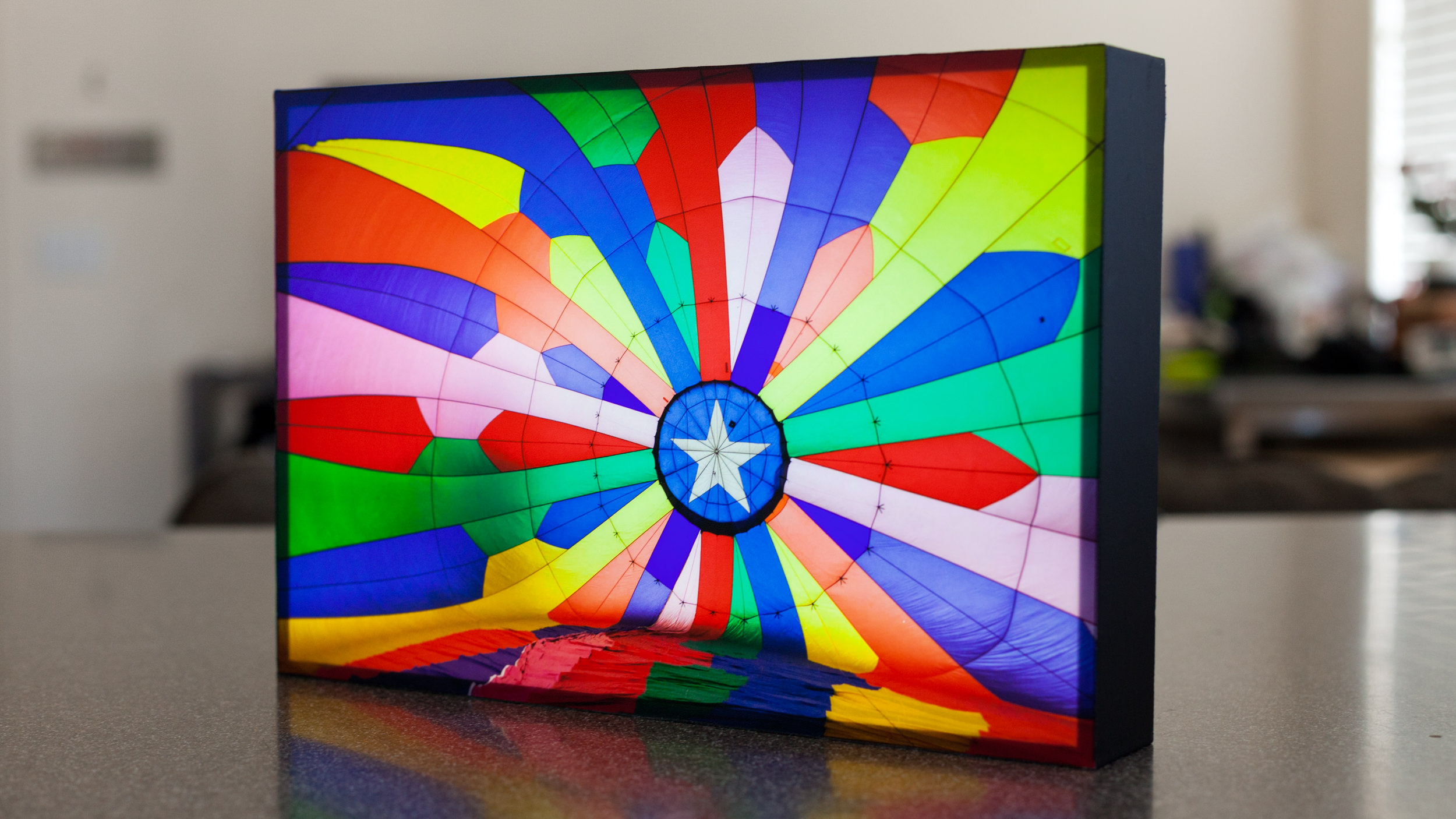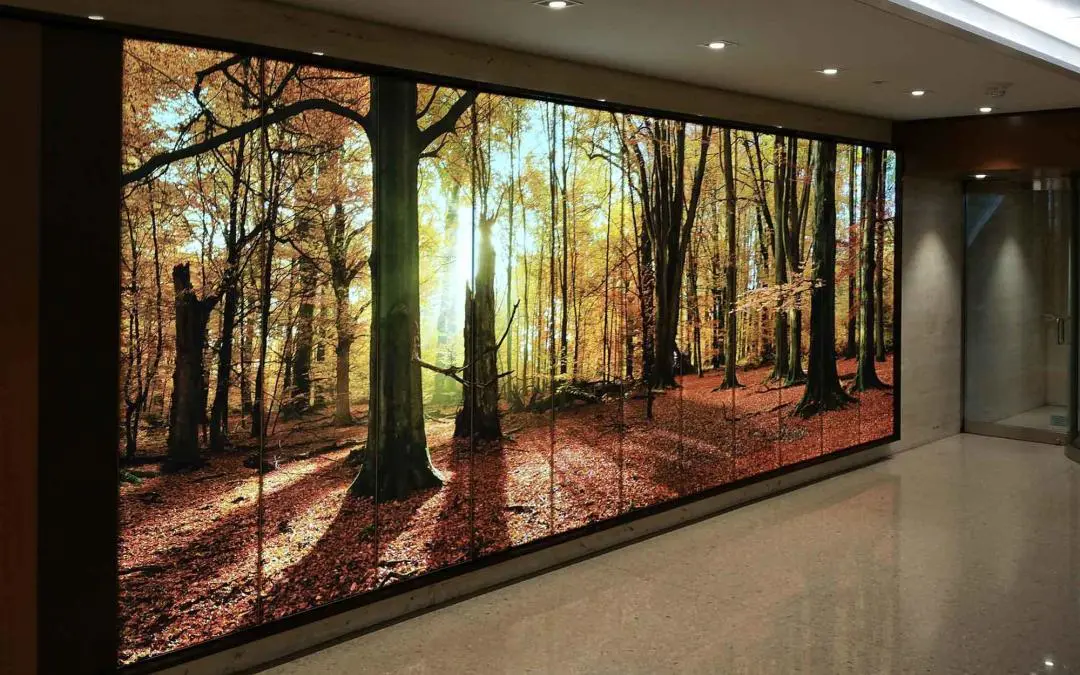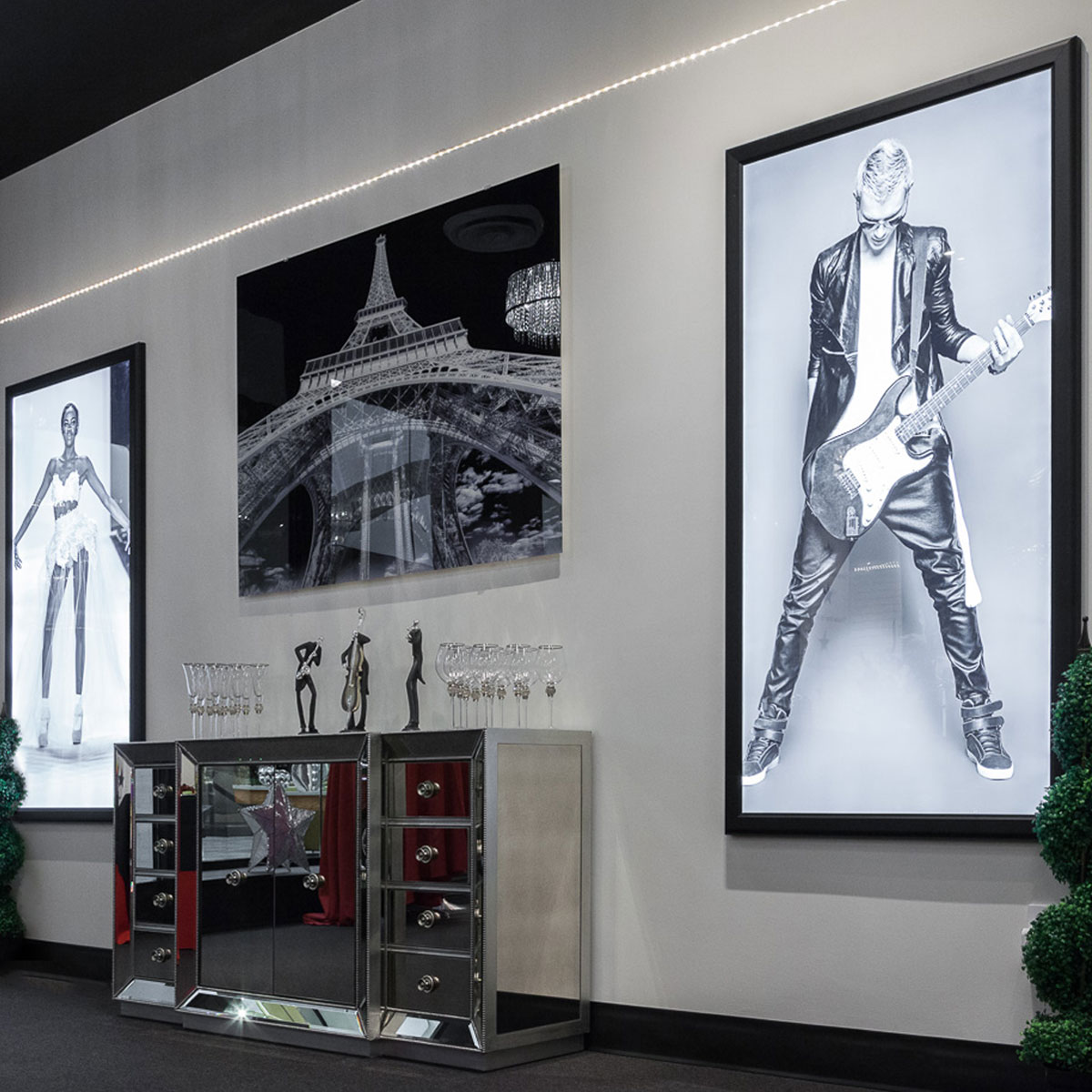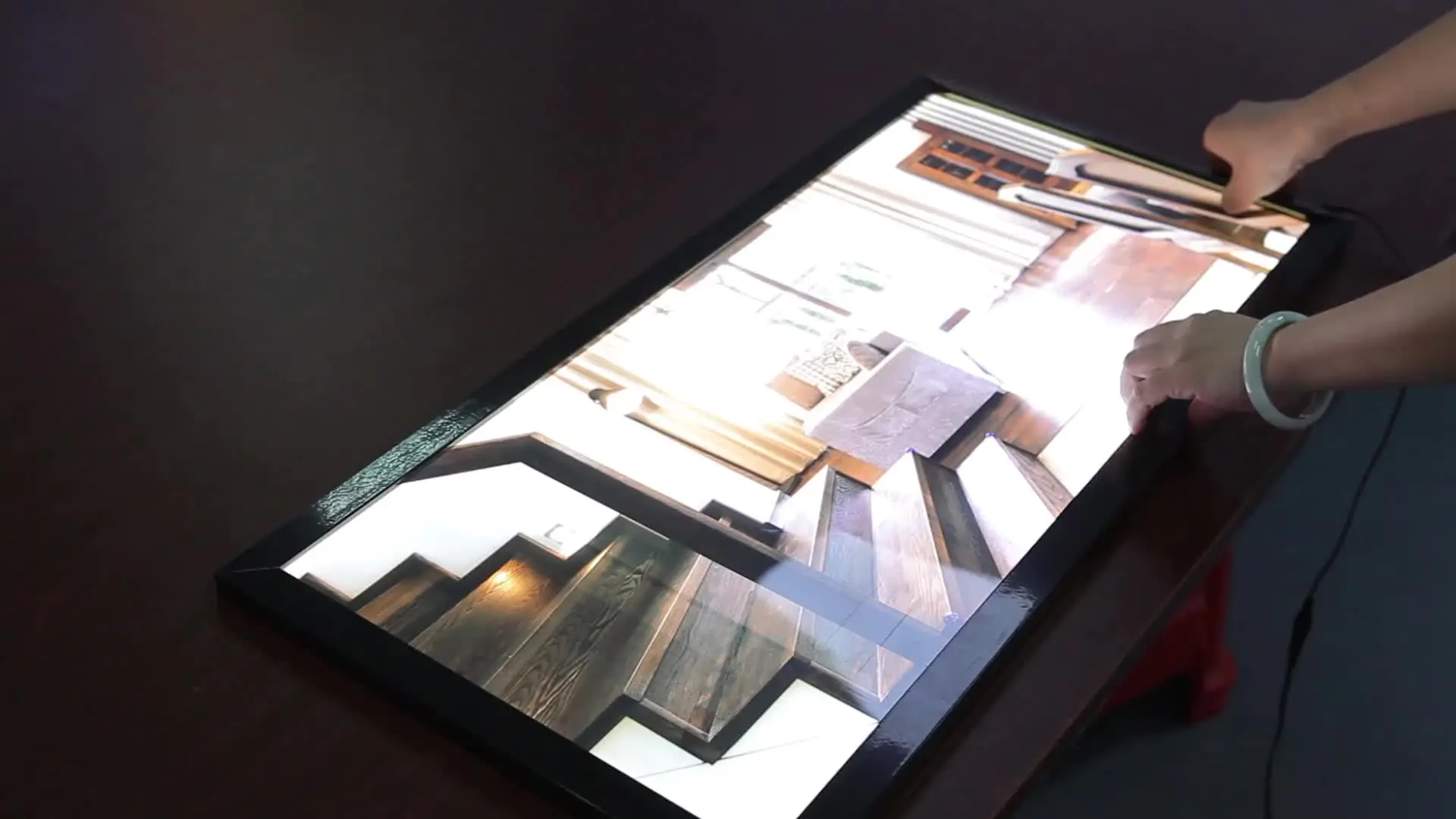
What is PVC Rigid Film and Why is it So Widely Used?
In the vast world of plastics, PVC rigid film stands out as a remarkable material with a diverse range of applications and unique properties. Polyvinyl chloride, commonly known as PVC, is a synthetic plastic polymer that comes in various forms, with the rigid film being one of its most notable manifestations.
Understanding PVC Rigid Film
PVC rigid film is a thermoplastic material characterized by its stiffness and high structural integrity. Unlike flexible PVC, which contains plasticizers to enhance pliability, rigid PVC film is formulated with little to no plasticizers. This absence of plasticizers gives the film its rigid nature, making it less prone to bending and more suitable for applications that demand durability and stability.
During the manufacturing process, PVC resin, along with other additives such as stabilizers, lubricants, and colorants, is processed through methods like calendaring or extrusion. In calendaring, the PVC compound is fed through a series of heated rollers, which flatten and thin the material into a film. Extrusion, on the other hand, involves forcing the PVC compound through a die to achieve the desired shape and thickness. These processes can be carefully controlled to produce films with specific properties tailored to different industries.
Properties that Define PVC Rigid Film
Strength and Durability
One of the most prominent features of PVC rigid film is its exceptional strength. The rigid structure provides excellent resistance to impact, making it a reliable choice for applications where protection against physical damage is crucial. Whether it's used in packaging to safeguard delicate products or in construction materials to withstand harsh environmental conditions, PVC rigid film's strength ensures long - lasting performance. Its durability also means that products made from it can maintain their integrity over extended periods, reducing the need for frequent replacements.
Chemical Resistance
PVC rigid film exhibits remarkable resistance to a wide spectrum of chemicals. It can withstand exposure to acids, alkaline solutions, oils, and greases without significant degradation. This property makes it highly suitable for industries such as chemical processing, where equipment and containers need to resist chemical corrosion. In industrial packaging, PVC rigid film can safely enclose and protect products that may be reactive to certain substances, ensuring product quality and safety during storage and transportation.
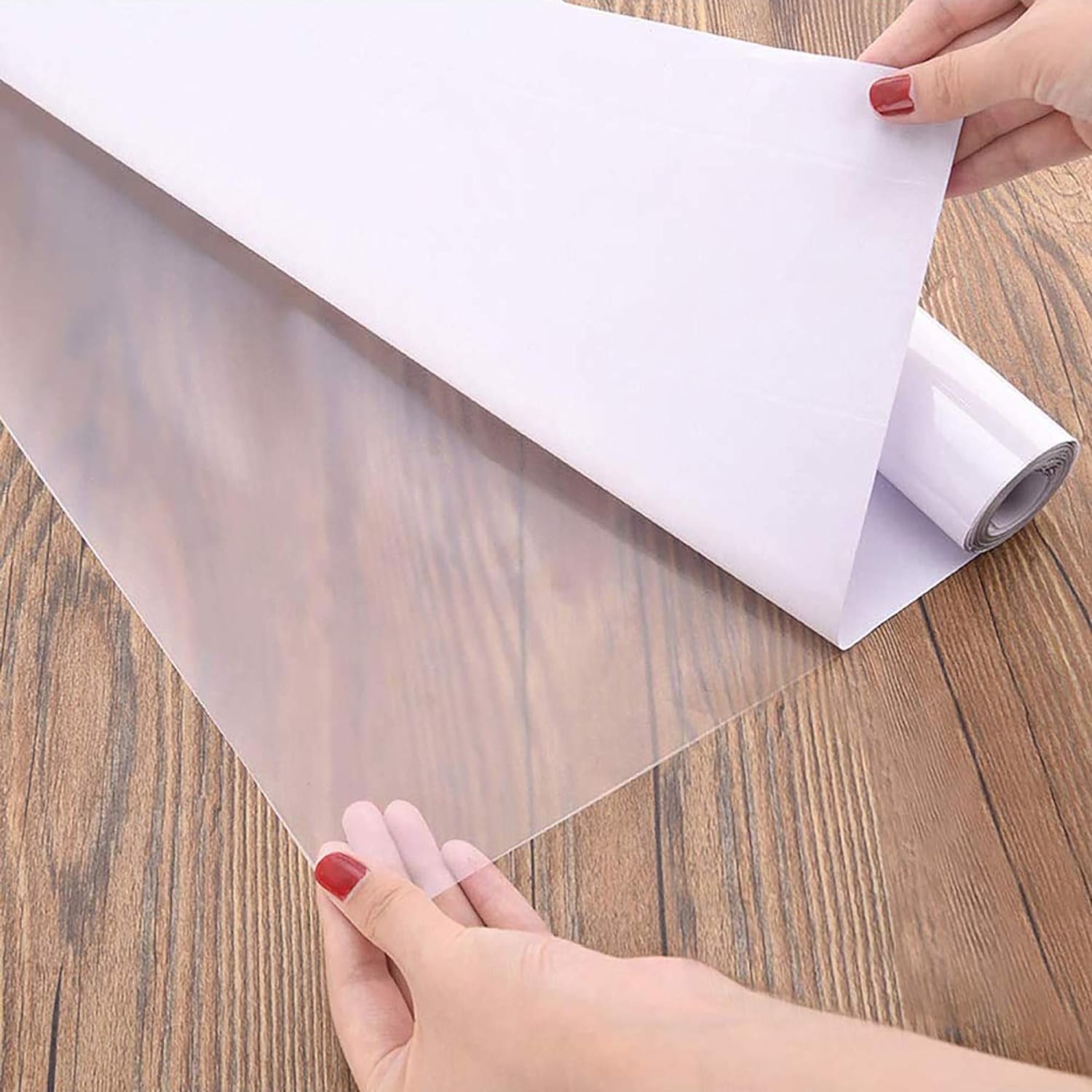
Printability
The smooth surface of PVC rigid film makes it an ideal substrate for printing. It can accept various printing techniques, enabling high - resolution and vibrant color printing. This printability has led to its extensive use in the graphic arts industry. Banners, signage, and promotional materials often utilize PVC rigid film to create eye - catching visuals. The film's ability to hold printed images and colors well, even when exposed to outdoor elements, makes it a preferred choice for outdoor advertising, where durability and visual appeal are both essential.
Versatility
PVC rigid film offers great versatility in terms of its applications. It can be fabricated into different shapes and sizes, such as sheets, rolls, or custom - designed forms, to meet the specific requirements of various industries. In the healthcare sector, it can be made into medical packaging, like blister packs for pharmaceutical products, due to its excellent barrier properties and chemical resistance. In the automotive industry, it can be used for interior components, providing a combination of durability and aesthetic appeal. The flexibility in fabrication allows manufacturers to adapt PVC rigid film to a wide array of end - use applications.
Transparency and Clarity
In some formulations, PVC rigid film can offer high transparency and clarity. This property is highly valued in applications where the contents need to be visible. For example, in food packaging, clear PVC rigid film allows consumers to see the product inside, enhancing its marketability. In the display industry, it can be used to showcase products in retail settings, providing an unobstructed view of the items being presented.
Applications Spanning Multiple Industries
Packaging Industry
The packaging industry is one of the largest consumers of PVC rigid film. In blister packaging, PVC rigid film forms the base for enclosing products such as pharmaceuticals, food items, and small consumer goods. Its strength protects the products from damage during handling and transportation, while its transparency allows for easy product visibility. For food containers, PVC rigid film can be shaped into various forms, providing a barrier against moisture, oxygen, and contaminants, thus extending the shelf life of the food products. Folding cartons made with PVC rigid film also offer a combination of durability and aesthetic appeal, making them suitable for packaging higher - end products.
Construction and Building Materials
In the construction field, PVC rigid film plays several important roles. In the manufacturing of windows and doors, it is used as a component in the production of profiles. The film's weather resistance ensures that the windows and doors can withstand exposure to sunlight, rain, and temperature variations without warping or deteriorating. It also contributes to the energy - efficiency of buildings by providing an additional layer of insulation. In addition, PVC rigid film can be used in roofing materials, where its durability and water - resistance properties help protect the building from water damage over long periods.
Graphic Arts and Printing
As previously mentioned, the printability of PVC rigid film makes it a staple in the graphic arts and printing industries. Banners made from PVC rigid film are commonly seen at events, trade shows, and outdoor advertising spaces. They can withstand the elements, including wind, rain, and sunlight, while maintaining their vibrant colors. Signage, whether for street - side advertising or in - store displays, often utilizes PVC rigid film to create long - lasting and visually appealing messages. Promotional materials such as brochures, flyers, and posters printed on PVC rigid film can also have a more durable and high - quality feel compared to those printed on traditional paper.
Healthcare and Medical
The healthcare sector relies on PVC rigid film for a variety of applications. Medical packaging is a significant area of use, with PVC rigid film being used to create blister packs for pills, capsules, and other pharmaceutical products. The film's excellent barrier properties protect the medications from moisture, oxygen, and contaminants, ensuring their potency and safety. It is also used in the production of hospital equipment covers and disposable medical devices. The chemical resistance of PVC rigid film makes it suitable for environments where it may come into contact with disinfectants and other medical substances.
Stationery and Office Supplies
PVC rigid film finds its way into the manufacturing of stationery and office supplies as well. Files, folders, and binders made with PVC rigid film offer durability and resistance to wear and tear. They can be easily cleaned, which is especially useful in office environments where they may get dirty over time. The film's rigidity also helps keep documents organized and protected, preventing them from getting creased or damaged.
Electronics
In the electronics industry, PVC rigid film can be used for packaging electronic components. Its static - dissipative properties, in some specialized formulations, make it suitable for protecting sensitive electronic parts from electrostatic discharge. It can also provide a protective layer against physical damage during transportation and storage. Additionally, PVC rigid film can be used in the production of display screens or as a covering for electronic devices to enhance their aesthetic appearance and provide some level of scratch resistance.
Sustainability Aspects of PVC Rigid Film
In recent years, there has been a growing emphasis on the sustainability of materials, and PVC rigid film is no exception. While PVC has faced some environmental scrutiny in the past, significant progress has been made to improve its sustainability profile.
Recycling
PVC rigid film is recyclable, and efforts are being made to increase the recycling rate of this material. Recycling PVC helps to conserve resources by reducing the need for virgin materials. The recycling process involves collecting used PVC rigid film, sorting it, and then processing it to create new products. Some manufacturers are also incorporating recycled PVC content into their new products, closing the loop on the material's lifecycle.
Bio - based Additives
To further enhance the sustainability of PVC rigid film, the use of bio - based additives is being explored. These additives can be derived from renewable sources such as plants, reducing the reliance on fossil - based materials. By incorporating bio - based additives, the environmental impact of PVC rigid film production can be reduced, while still maintaining its performance characteristics.
Reducing Environmental Impact
Manufacturers are also focusing on improving the production processes of PVC rigid film to reduce energy consumption and waste generation. More efficient manufacturing techniques are being developed, and there is a push towards using cleaner energy sources in the production facilities. These measures not only contribute to the overall environmental sustainability of PVC rigid film but also make the manufacturing process more cost - effective in the long run.
